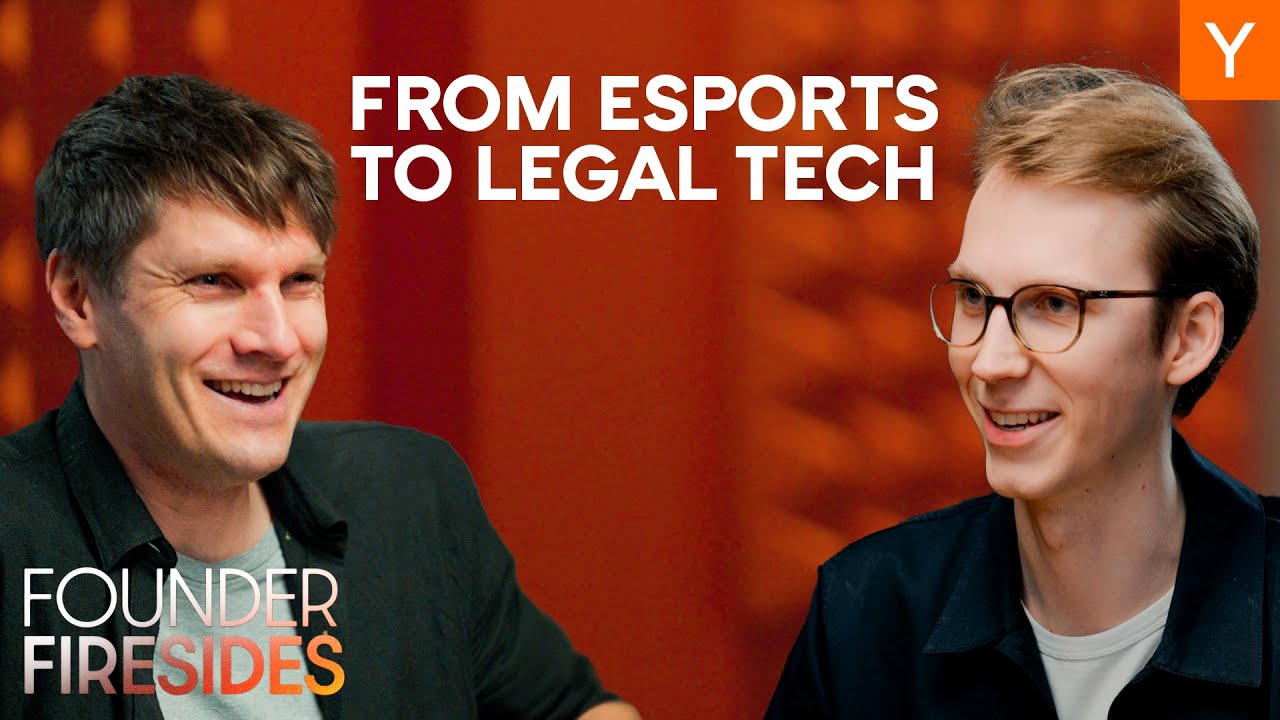Max Junior Strand, a 25-year-old with no legal background, built Legora, a $675 million legal AI startup that transforms legal workflows by integrating advanced AI tools for tasks like contract analysis and negotiation, after deeply engaging with legal professionals to address their pain points. The company’s rapid growth, strategic law firm partnerships, and adaptable AI technology position it as a leader in legal AI, with a vision of lawyers managing AI agents to handle routine work and focus on higher-level advisory roles.
Max Junior Strand, the 25-year-old CEO and co-founder of Legora, shares the journey of building a $675 million legal AI startup without any prior legal experience. Legora is an AI-powered workspace designed to transform how lawyers and legal professionals conduct their work, including reviewing, drafting, and researching legal documents. The company capitalized on the advancements brought by GPT-3.5, moving beyond fragmented point solutions in legal tech to create an enterprise-grade system used daily by tens of thousands of lawyers. Their product integrates deeply into lawyers’ workflows, including a web application and a Microsoft Word add-in, enabling complex tasks like due diligence and contract negotiation to be done faster and more accurately.
The founding team’s lack of legal background was initially a challenge, but they overcame it through humility and extensive engagement with legal professionals, conducting over 100 interviews to understand the industry’s needs. This approach allowed them to build a product that truly addresses the pain points of legal work. One of their early breakthroughs was deploying Legora in a major Nordic law firm, where the managing partner experienced firsthand how AI could revolutionize legal research and document review. The company’s technology enables lawyers to perform tasks that were previously impossible or extremely time-consuming, such as large-scale contract analysis and real-time courtroom support.
Legora’s success also stems from its strategic approach to selling into law firms, a traditionally difficult market. They focus on aligning incentives with law firms by positioning themselves as long-term partners who help firms win in a rapidly changing legal landscape. The startup emphasizes the importance of innovation teams within firms to drive adoption and scale usage across different legal departments. Their AI-powered playbooks automate contract negotiation by applying firm-specific rules, increasing efficiency, consistency, and quality across legal and even non-legal teams like sales and compliance.
The company has grown rapidly since graduating from Y Combinator, expanding from 10 to 100 employees within a year and scaling across multiple European markets and the US. Max highlights the importance of hiring entrepreneurial talent and fostering a culture of ownership and problem-solving to maintain velocity and innovation. Legora’s tech stack is designed to be flexible, allowing them to switch between AI models like OpenAI, Anthropic, and Google Gemini to optimize performance and cost. This adaptability, combined with a deep understanding of legal workflows, positions Legora as a category leader in legal AI.
Looking ahead, Max envisions a future where lawyers increasingly manage AI agents that perform much of the routine legal work, allowing lawyers to focus on higher-level advisory roles. He advises founders building vertical AI companies to avoid competing directly with large AI labs and instead focus on narrow, high-value niches where they can build defensible moats. Legora’s journey underscores the power of combining deep customer insight, rapid iteration, and strategic scaling to disrupt a complex, traditional industry with AI-driven innovation.
